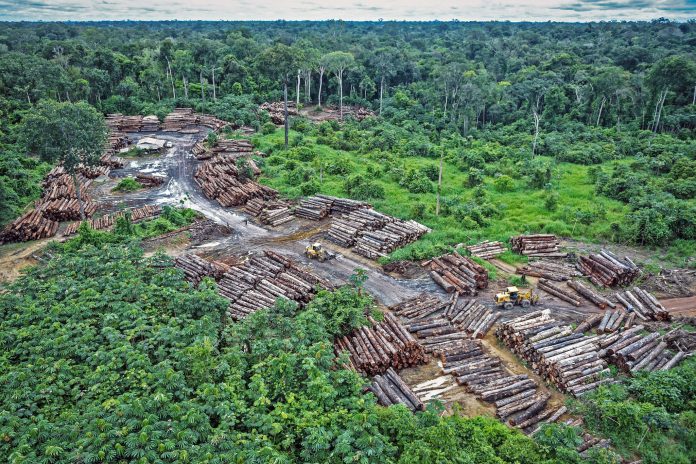In 2019, forests and forest peoples’ rights rose up the global political – and spiritual – agenda, and the European Union (EU) made high profile commitments to protect forests abroad and at home as part of their European Green Deal.
But will 2020 see these commitments turned into action? Here are five questions we hope to have positive answers to at the end of the year.
- Will the EU do what it is great at – dither and delay – or what it is even better at: being a world leader in setting higher environmental and social standards? This year should have been a milestone in the fight against deforestation. A coalition of governments, companies, NGOs, and Indigenous groups had
signed the New York Declaration on Forests, pledging to halve tropical deforestation by 2020. This promise is unmet. Yet 2020 could still be a landmark year – particularly if the European Union (EU) introduces laws requiring companies to purge their agricultural supply chains of environmental and social destruction. - Two countries – France and Ireland – have already indicated that they will not ratify the Mercosur deal in the current conditions. Will others join them and show that the EU is willing to stand up for Indigenous Peoples’ rights? Brazil’s unfolding disaster only intensifies the need for EU action on deforestation. If President
Bolsonaro has his way, it’s game over for the Amazon, Indigenous Peoples’ rights and the climate. With deforestation rates 29 per cent higher than 2018, and conflicts on Indigenous lands up 200 per cent, the situation in Brazil is more worrying than ever. The EU-Mercosur Free Trade Agreement (FTA) was signed in June 2019, and will be up for ratification in 2020 by the European Parliament. - Will 2020 be the year when the climate and biodiversity agendas align? This year there are two United Nations Conferences to watch out for: one on biodiversity, hosted by China and one on climate, hosted by Scotland. There has never been a better opportunity to raise awareness that biodiverse forests store more carbon and are more resilient to climate shocks. With Croatia putting biodiversity at the top of its priorities for the EU presidency, the stars could align on these most urgent of topics.
- Will the European Green Deal reverse the ever-declining EU forest carbon sink and promote biodiverse forests, or simply be a tree planting scheme that does more harm than good? First Vice President Frans Timmermans has announced the EU will consider a Nature Restoration Plan as part of the European Green Deal. With the right approach, this could open the path to 2020 being the year the Great European Forest returns.
- Will the vast body of evidence showing that burning biomass for energy is bad for the forests, climate and biodiversity finally be heeded? As more European countries move away from coal, the pressure on forests to make up the difference is growing. Most Member States plan a drastic increase in harvesting to meet renewables targets. We hope that the rising controversies around burning trees for energy in countries like the Netherlands, Estonia, Denmark will be enough to stop the destruction because the EU’s Renewable Energy Directive certainly isn’t!

